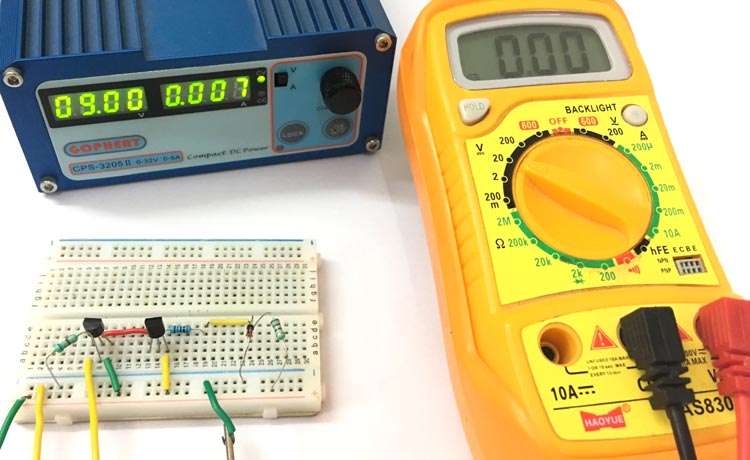Protecting Electronics: Ways to Minimize the Damage
Protecting home electronics is not much of a difficult task or an expensive one at that. What’s expensive is paying for the repairs and replacements of these electronics. Several reasons could explain the damage to an electronic device: power surges, lightning, faulty wiring, and water spillage, along with other reasons.
So how do you prevent your home electronics from damage or early wear and tear? There are many ways you can do that, some require a bit of monetary investment while some relate to our habits. Here’s how you can take care of your home electronics.
-
Surge Coverage Plan
Subscribing to a surge coverage plan will be the smartest move on your part. Where you would have had to pay up hundreds of dollars in repairs or replacements of any damaged home electronic, a surge protection plan is like insurance you can say – where for a small monthly charge it provides coverage for almost all your electronics. It can be anything from heavy-duty appliances to phone chargers and light bulbs; it really depends on the package you subscribe to.
First Energy’s Electrical Surge Coverage plan retails for $8.99 monthly, where it helps protect its customers from the insanely high costs of repairs and replacements of damaged caused by an energy surge. There is no deductible like they have with insurance, no hidden fees, and nothing that you would have to install. A simple, one-time subscription is enough. First Energy Home’s Electrical Surge Coverage covers devices like televisions, gaming consoles, laptops, smart devices, air conditioners, and kitchen appliances such as microwaves, stoves, refrigerators, etc.
-
Unplug Devices
This is more of a habit really, but unplugging devices especially the heavy-duty or expensive ones like your television sets, gaming consoles, phone and laptop chargers, or even the microwave when they are not in use should be a habit of every individual. Unplugging electronics saves them from potential damage caused by power surges. Power surges occur on the frequent, sometimes multiple times a day as well. They are what you call the silent culprits behind the damage to our home electronics, thus this simple habit can go a long way for our devices.
Other than unplugging devices, it should also be a practice to limit the number of appliances plugged into a single outlet, even by an external power socket. A sudden burst of power can likely cause a surge and damage your devices.
-
Use a Surge Protector
An alternative to surge coverage plans is to get a surge protector for your devices, especially those in constant use like the refrigerator or any smart device for that matter. It resembles an extension cord that has multiple outlets so not only does it serve the purpose of allowing you to plug in multiple devices at a time, but it also protects them from a sudden spike in voltage or a power surge. Here’s how; if the voltage is above the normal level, the protector diverts the electricity into the ground – that is, using its grounding wire.
Surge protectors are a bit pricier than a normal extension cord but don’t be fooled. Normal extension cords may have extra power outlets to plug in your devices, but that doesn’t mean it spreads out the voltage. That is the job of surge protectors in specific, to divert the extra voltage in order to protect your devices.
-
Inspect Your Home Wiring
Call in a professional at least once a year to have your home wiring inspected, because sometimes that may be the root cause of some of the surges that occur within your household, or simply what may damage your electronics. Open wires or faulty wiring can be quite hazardous as well.
Final Thoughts
We normally don’t pay much heed to taking care of our electronics, mainly because that’s obviously not a thought that crosses our minds about the ways they can be damaged. It normally happens that a day comes where we find that something’s wrong and call in a professional. But such sudden problems can be avoided, because just like that we could end up spending a lot of money in trying to repair or replace these electronics. Better to be safe than sorry!







